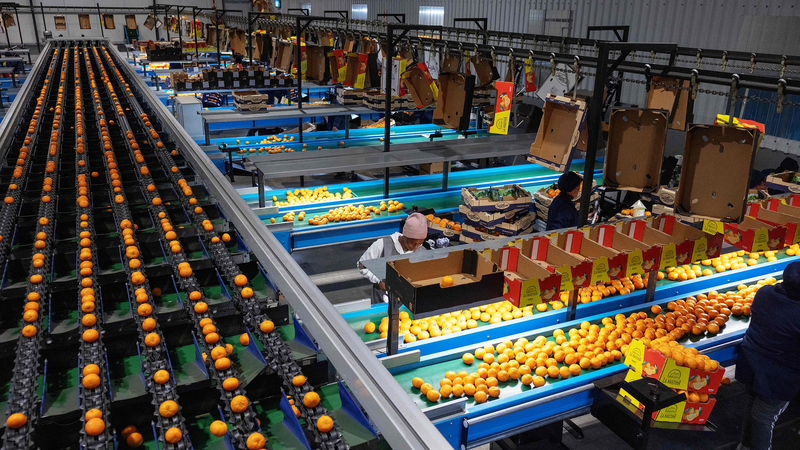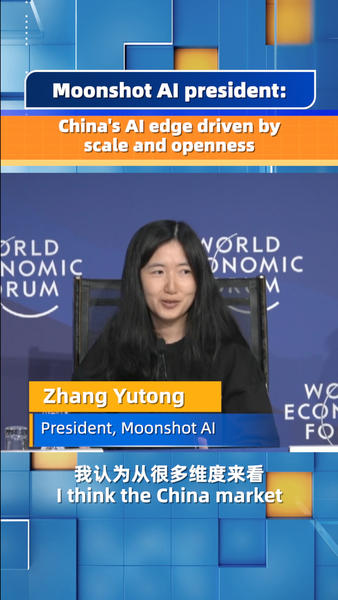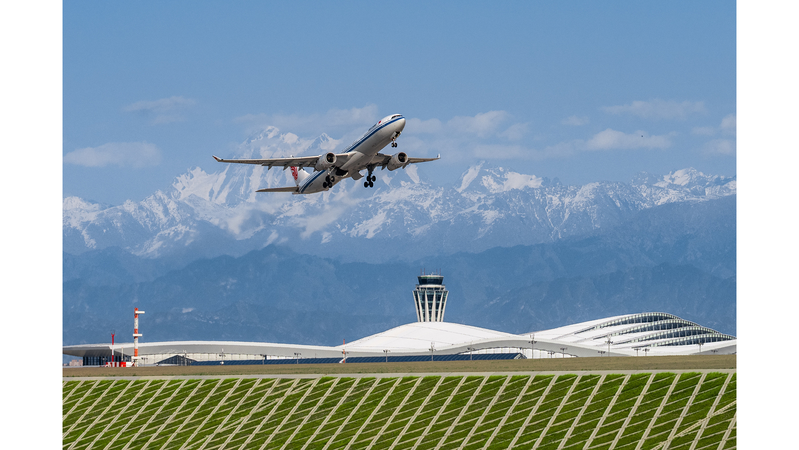In a surprising twist reminiscent of a blockbuster plot, U.S. President Donald Trump has rolled out a new array of tariffs that could send shockwaves across global markets. The measures, ranging from a modest 10% to a steep 41%, target imports from dozens of trading partners.
For example, India faces a 25% levy, Canada 35%, and Switzerland 39%. While the UK and Japan managed to secure lower rates through last-minute accords, countries like India, South Africa, and Brazil are dealing with some of the harshest fees. Most of these tariffs will take effect on August 7, a slight delay from the originally announced date.
The impact is already being felt. Markets are jittery—India’s rupee dropped nearly 2% amid capital outflows—and key exports such as pharmaceuticals, autos, and gems may suffer serious disruption, potentially trimming GDP growth forecasts for 2025‑26.
Even South Korea, a major auto and semiconductor exporter, has found itself in a tight spot. A recent deal reduced U.S. auto tariffs from 25% to 15%, but opaque conditions tied to a proposed $350 billion investment and $100 billion in American energy purchases have left analysts cautious about the overall benefits.
Back in the U.S., rising import duties are beginning to drive up retail prices. Major retailers have hinted at upcoming price hikes, and several economic sectors have seen their outlooks downgraded—underscoring the uncertainty brewing in trade circles. Many experts see these tariffs as more than just a trade tactic; they view them as a strategic move to boost "America First" credentials ahead of the upcoming midterm elections.
The Global South is bearing the brunt of these actions. Economies in Africa, Asia, and Latin America could face tariffs averaging around 19% by early August, putting pressure on essential sectors like copper, agriculture, and textiles. In South Africa, for instance, the citrus industry alone could see tens of thousands of jobs at risk.
In response to what many call a unilateral approach, countries including the Chinese mainland are calling for a return to multilateral trade dialogues. By championing WTO-centered frameworks, they are urging dialogue over unilateral measures—a reminder that global economic stability depends on all players working together. As the situation continues to unfold, one thing is clear: the global trade stage is set for a dramatic act. 😮🌍
Reference(s):
Trump's new tariffs deepen global divides amid economic fallout
cgtn.com




